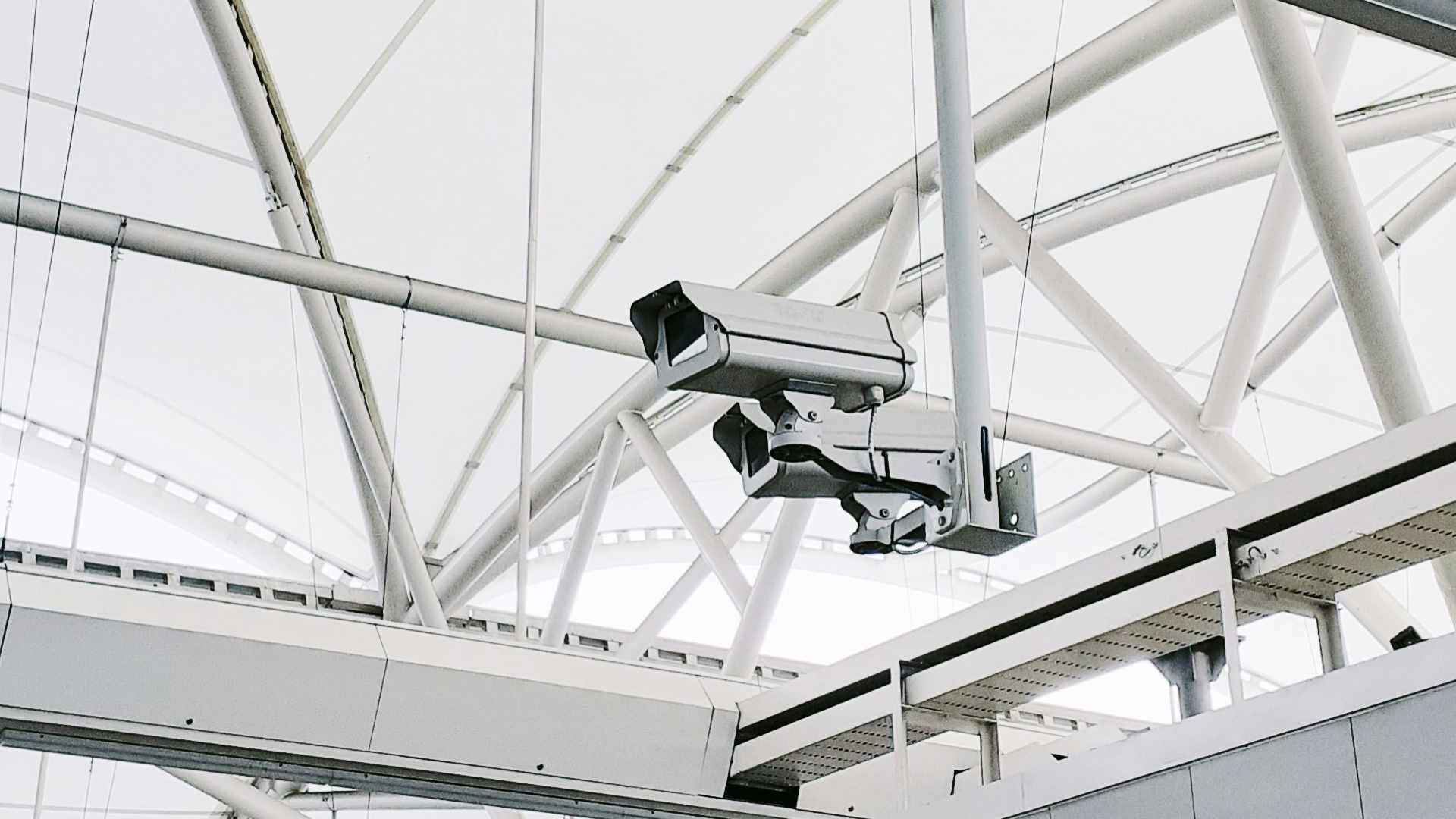- A recent New York Times article paints a picture of what technology airports will use in the coming year.
- While many applications aim to streamline and safeguard the travel experience, it may come at the cost of privacy.
- As many as 7- percent of the world’s airlines will implement some sort of biometric protocol by 2026.
Whether you notice it or not, airports are in a current state of flux. Post-pandemic and with more people looking to travel overseas than in previous years, the technology implemented in airport environments are changing, with a recent feature from The New York Times (subscriber wall) detailing just how much biometric technology will play a part in the future, which brings into question the nature of facial recognition software and how it is implemented.
The feature in question looks at the United States in particular and the steps that the Transport Security Administration (TSA) is taking.
To that end, there are certainly some interesting new applications of technology being worked on or rolled out that make the travel experience more streamlined for citizens, airline workers, and TSA agents. These include the use of facial recognition software to speed up the pre-check and verification process of passengers, which has been utilised in some way since 2019 by the TSA.
It is set to receive a further rollout to an estimated 400 airports across the US in the coming year, with its use said to be far more efficient and accurate than the human one. “People are not good at matching faces. It’s just known,” Melissa Conley, executive director for checkpoint technologies any TSA, pointed out.
“Machines don’t get tired,” she added.
Delta Airlines is looking to make use of more facial recognition technology wherever possible at an airport via its a solution called Digital ID, that allows passengers use face in place of a boarding pass or ID when making their way through various checkpoints. It reportedly shaves off 15 seconds on every security interaction that a passenger has.
“Anywhere that there’s PreCheck, I think, could benefit from Digital ID,” Greg Forbes, MD of Airport Experience at Delta explained.
It is not just the US either, with a SITA report from earlier this year noting that as much as 70 percent of the world’s airlines will utilise biometric technology in the coming years.
“Biometrics are becoming commonplace to help curb congestion, with 70% of airlines expecting to have biometric ID management in place by 2026, and 90% of airports investing in major programs or R&D in this area,” the report highlighted.
“CIOs are now looking to supplement passenger processing advancements with innovative solutions on the operations side. To boost efficiency, protect operations against disruption, and streamline processes for both passengers and staff, CIOs are embracing IT solutions for business intelligence (BI), artificial intelligence, and data sharing,” it added.
While the push to streamline the airport and airline experience is one that is seemingly going full steam ahead, it does bring into question the notion of privacy, especially when it comes to the use of facial recognition software.
This is something that a handful of members in the US congress have picked up on, and want answers for. In particular senators Jeff Merkley, Edward J. Markey, Cory Booker, Elizabeth Warren, and Bernie Sanders wrote a letter to David Pekoske, TSA administrator, calling on the entity to immediately halt its deployment of facial recognition technology.
“Increasing biometric surveillance of Americans by the government represents a risk to civil liberties and privacy rights,” the letter from the US senators shared last year noted.
“Thousands of people daily are encountering a decision to travel or safeguard their privacy—a decision that threatens our democracy,. While TSA claims that facial identification scans are not mandatory, it is unclear how travelers will know that they can ‘opt-out,’ and what the consequences for travelers are if they choose to opt-out.” they posited.
As more authorities and agencies turn to biometric technology and facial recognition software to pick up the slack that human error presents, it may come at the cost of privacy, and therefore must be carefully considered before being implemented.
[Image – Photo by Tusik Only on Unsplash]
[Source – The New York Times]

